Violent conflict has plagued Uganda for much of its modern history.
The most enduring conflict has been in the north, between the government of Uganda and the rebel group Lord’s Resistance Army (LRA).
Over 60,000 children and young people have been abducted in Northern Uganda during the conflict.
“I Am Not Who They Think I Am” tells the story of Janet and Stella, two women from northern Uganda who were abducted by the Lord’s Resistance Army (LRA) when they were teenagers and bore children during their captivity. After eight years as hostages of Joseph Kony’s army, they escaped—together with their children—and are trying to reintegrate back into society in Gulu, amidst stigma and rejection from their community. This is the story of their fight for inclusion.
Credits
Cinematographer & Producer: Marta Martinez
Associate Producer: Rachel Goodman
Additional Video: Otim Oscar
Special Adviser: Virginie Ladisch
Executive Producer: Refik Hodzic
Special Thanks
Children featured in the film
Arach Janet
Lanam Stella
Lakor Angela
Lindsay McClain Opiyo
Watye Ki Gen
Women’s Advocacy Network
Akullo Evelyn
Nyanjura Victoria
Komakech Deo
Related Links
The Goal
“I Am Not Who They Think I Am” tells the story of Janet and Stella, two strong women from northern Uganda who were abducted by the Lord’s Resistance Army (LRA) when they were teenagers and bore children during their time in captivity. After eight years as hostages of Joseph Kony’s army, they escaped—together with their children—and are trying to reintegrate back into society in their hometowns, amidst stigma and rejection from their community. Despite their own victimizations as abductees to fight a war they didn't believe in, they and their children, are deemed criminals by their own communities.
Today, Stella and Janet are inspiring leaders who are demanding redress from society and government actors alike.
The International Center for Transitional Justice, a leading organization specializing in transitional justice, brought this story to MediaStorm to catalyze a conversation on the long-term consequences of wartime sexual violence. In co-creating this film, we hope to educate people on the issue; inspire them with Stella and Janet's story; and encourage policy makers and others to consider this serious issue when discussing issues of transitional justice.
“I Am Not Who They Think I Am” was first screened for local communities in Kampala and Gulu, in October. The events brought together victims, senior politicians, donors, media, and members of civil society for discussions on how to combat stigma and pressure the government on redress. Following these screening, its two protagonists, Janet Arach and Stella Lanam have been awarded the EU 2017 Front Line Defenders Award for Human Rights Defenders at Risk.
The film’s New York premiere at the Open Society Foundation included a panel featuring Abigail Disney, of Fork Films; Lauren Wolfe, director of Women Under Siege; Tatyana Karanasios, deputy program director at WITNESS; and Sarah Kasande, the head of ICTJ’s office in Uganda.
The Challenge
The main challenge our produces faced when creating this film was a lack of source material. Initially, the team at ICTJ returned from Uganda with a handful of interviews, a few scenes involving the main characters interacting with children, and some assorted photographs.
After a month of editing, and numerous conversations, both MediaStorm and ICTJ realized that there was not enough video footage to tell the complete story of these women; and we were reluctant to use too much stock footage.
The Solution
MediaStorm and ICTJ met to discuss a way forward. Together, we realized that acquiring additional material from Uganda would be necessary. MediaStorm producers created an extensive and detailed wish list of all missing material. ICTJ then contacted a team member already on the ground in Gulu and with the assistance of MediaStorm worked to ensure that items on the list were documented on video.
The Results
The film has already helped to break down barriers. In a community screening in Uganda, members of the public were shocked and saddened to learn of the impacts of discrimination on children. The Archbishop, an influential leader, spoke up against the discrimination. Janet and Stella, in addition to other leaders, are also successfully leveraging the film as an advocacy tool to demand the government provide redress to them and their children to end this stigma.
About The Client
The International Center for Transitional Justice is an international non-profit organization specializing in the field of transitional justice.
ICTJ works to help societies in transition address legacies of massive human rights violations and build civic trust in state institutions as protectors of human rights.
In the aftermath of mass atrocity and repression, we assist institutions and civil society groups—the people who are driving and shaping change in their societies—in considering measures to provide truth, accountability, and redress for past abuses.
We do this by providing technical expertise and knowledge of relevant comparative experiences in transitional justice from across the globe.
MediaStorm Project Showcase

Once teetering on the brink of extinction, the Santa Catalina Island Fox made a dramatic recovery. Its resurgence marks one of the greatest conservation success stories in United States history.

In the shadow of Silicon Valley’s booming technology industry, a growing number of people remain out in the cold. Skyrocketing housing prices in America’s hub of innovation have pushed many onto the streets, straining policymakers to find solutions to a homelessness problem that impacts everyone in the community.
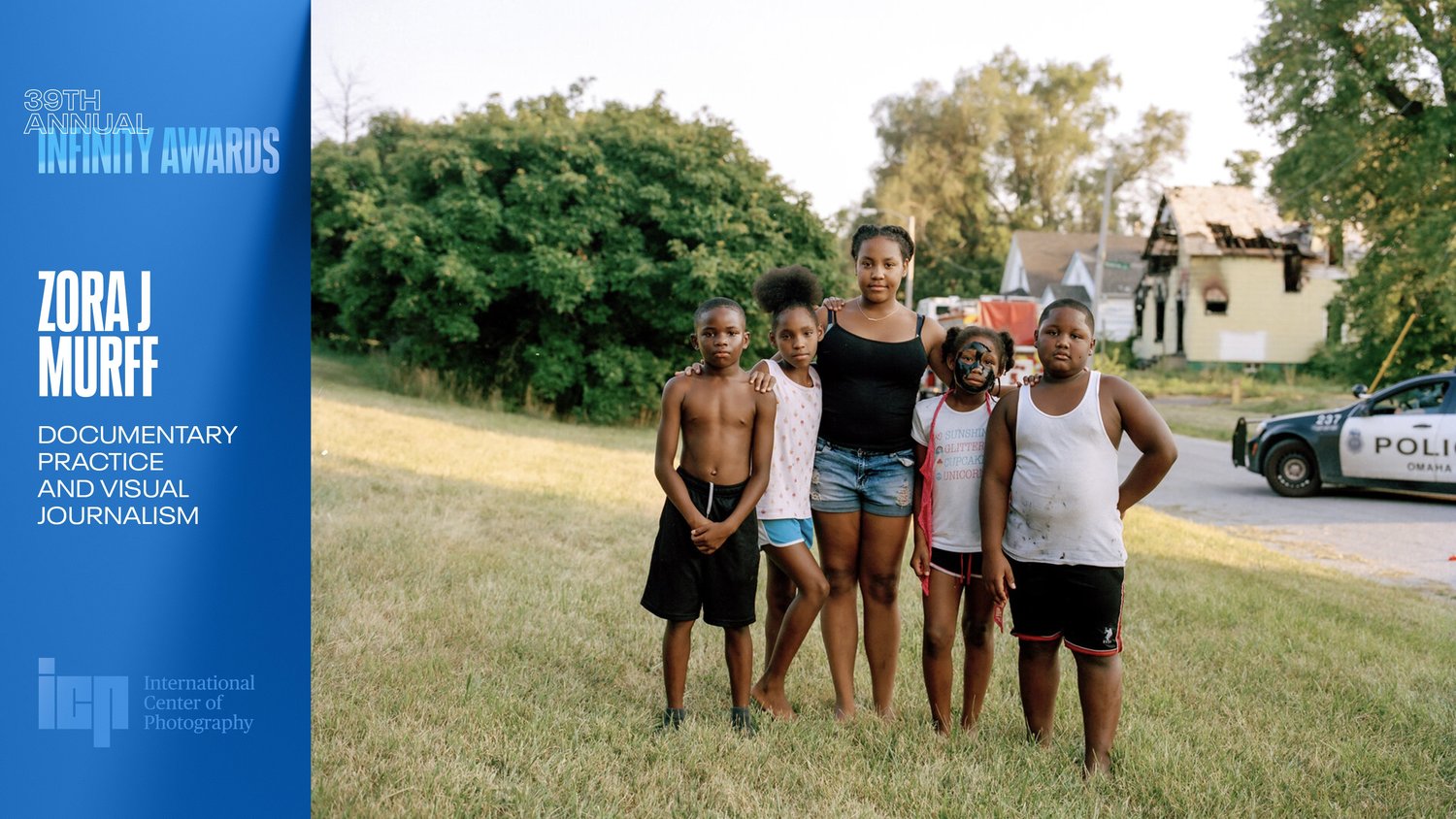
This page recognizing Zora J Murff for ICP’s 2023 Infinity Award for Documentary Practice and Visual Journalism features a film about his life, a slideshow of his projects and extra clips of his thoughts about his work and motivation.

Sebastião Salgado says "a good picture, a fantastic picture, you do in a fraction of a second, but to arrive to do this picture, you must put your life in there."

Esther Horvath has sent questions to the universe and she has received answers. She found her calling to tell visual stories that show the full research story behind our climate data.

See photographer Acacia Johnson’s growth from her earliest explorations of Alaskan landscapes to a National Geographic cover for a documentary project among indigenous people of the Arctic.

Sir Don McCullin never intended to become a photographer. He found it hard to believe he’d ever escape the poverty of North London. But a spur of the moment photograph launched McCullin into a career spanning 50 years in photography.
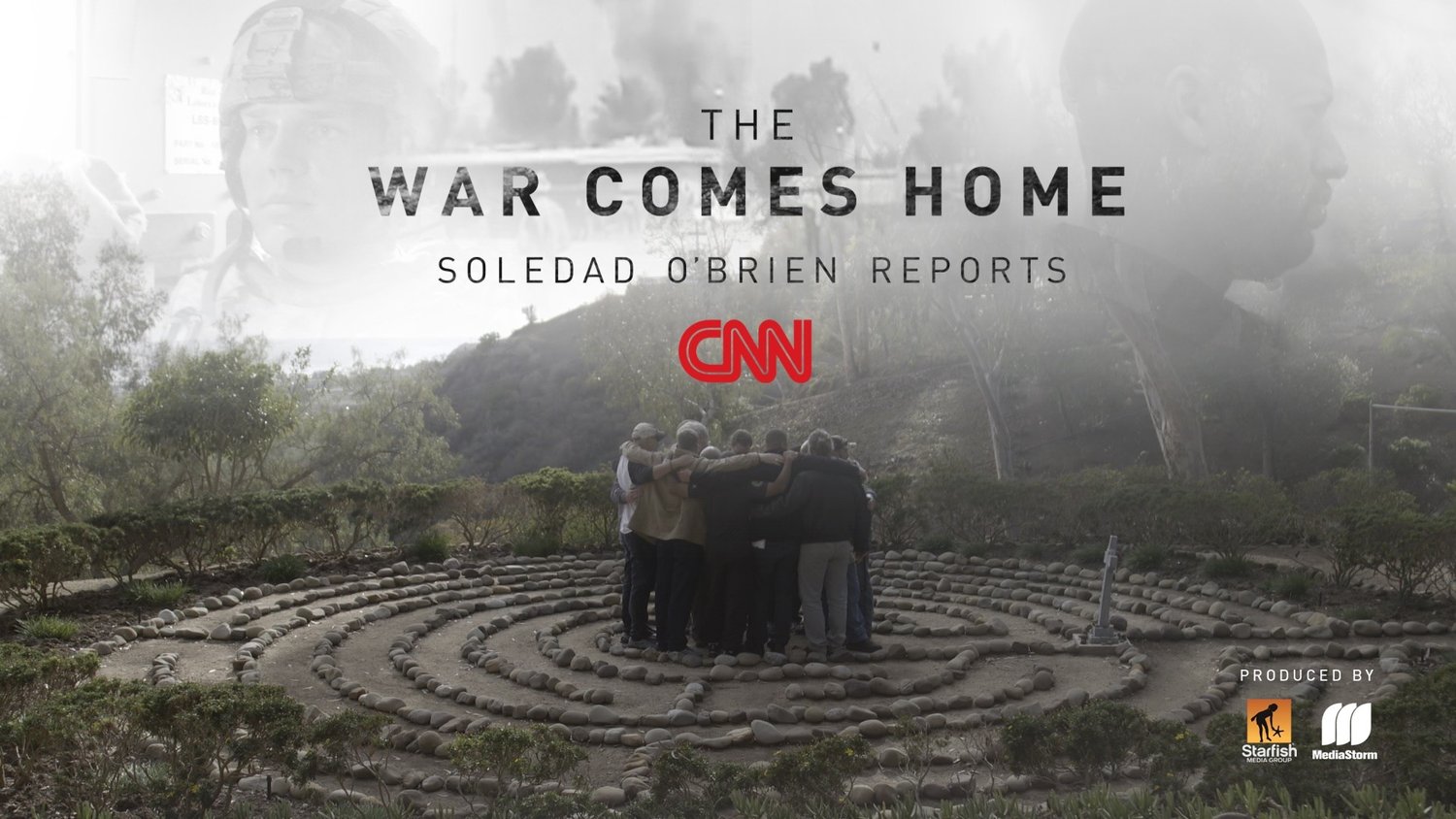
As the U.S. prepares for the final drawdown of soldiers from the conflicts in Iraq and Afghanistan, Soledad O’Brien and MediaStorm take an intimate look at two veterans as they struggle with the transition from war to home.

Writer Zadie Smith pays homage to photographer Deana Lawson in the artist’s first Monograph for Aperture.

As a formerly incarcerated person, Michael struggled for work, and found purpose in being a husband, father, and activist. But 7 years since his release from prison, the cost of Michael’s activism is evident.

Benny is a “certified” garbologist. He collects what others throw away. Benny is also at war with his family. Here is a man sharing a house with his wife but living as a stranger. This is a household on the edge.

Photographer Amber Bracken recognized something deeper than a protest was afoot when hundreds of tribes gathered at the Standing Rock reservation in opposition to the Dakota Access Pipeline.

How does the death of a child change a parent? How does the death of a parent change a child? How do these moments change us as we develop and grow further away from who we were as children?

Maurice Berger–cultural historian, and columnist for the New York Times’ Race Stories–has spent his career studying and teaching racial literacy through visual literacy.

Japan’s Disposable Workers examines the country’s employment crisis: from suicide caused by overworking, to temporary workers forced by economics to live in internet cafes, and the elderly who wander a town in search of shelter and food.

Karl Ove Knausgaard is the celebrated author of a massive six-volume autobiography. But Knausgaard remains confused by the attention. This is a portrait of a man who has achieved massive success yet still considers himself unworthy.

Michael Thomasson has devoted his life to video games. It’s been his passion and his obsession for more than three decades. He owns over 11,000 unique game titles for more than 100 different systems.

A film about Michael Christopher Brown for the 2017 ICP Infinity Awards.

The Long Night, a feature film by Tim Matsui and MediaStorm, gives voice and meaning to the crisis of minors who are forced and coerced into the American sex trade.

Jonathan Harris and Greg Hochmuth have a complicated relationship with the internet and have worked together to develop an artwork that explored some of the more difficult consequences of what it means to live with the internet.

In 1977, Robyn Davidson walked 1,700 miles across the Australian outback. National Geographic sent Rick Smolan to photograph her perilous journey—a trek that tested and transformed them, forming an immutable bond that continues to this day.
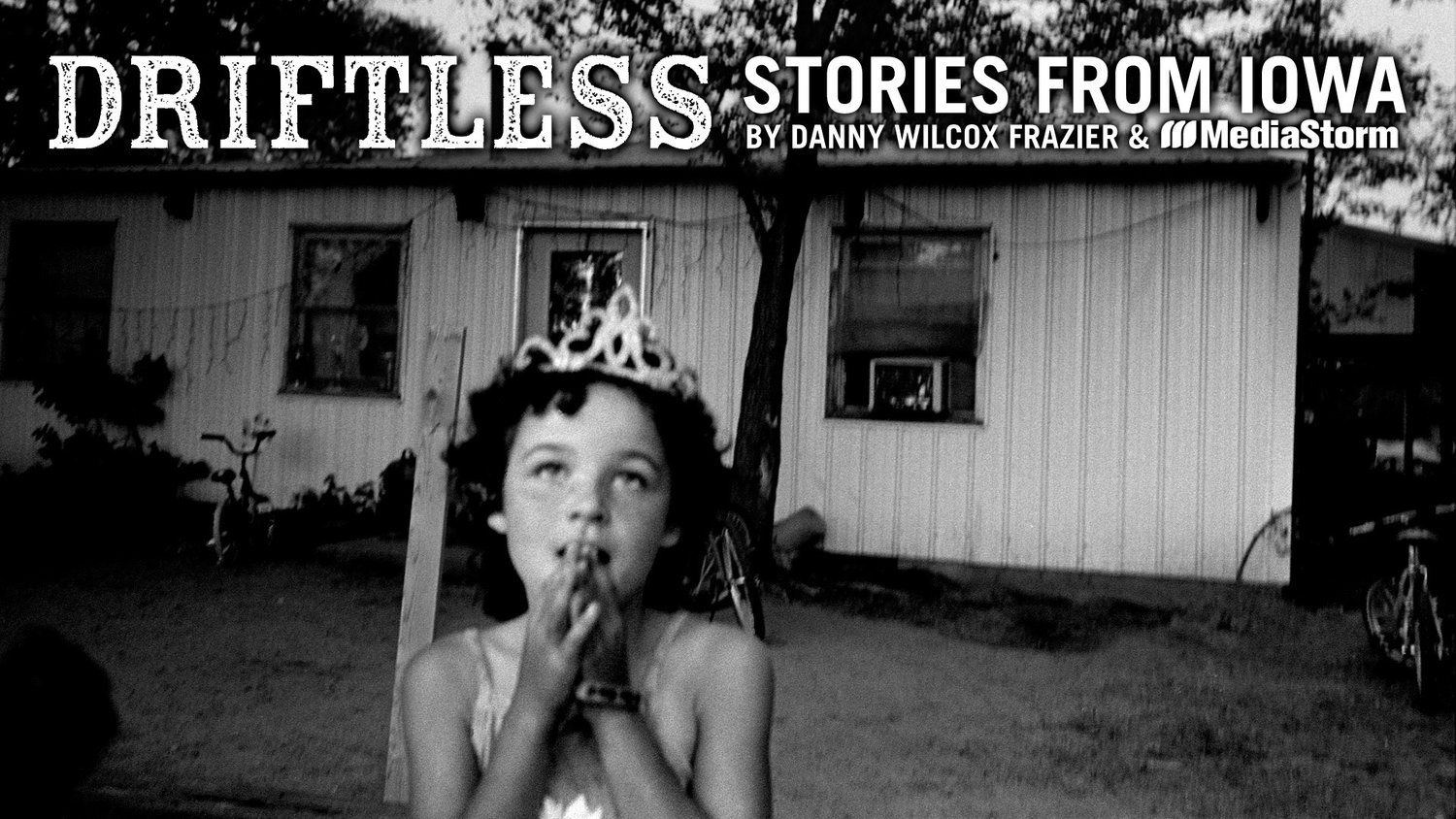
Once at the center of the U.S. economy, the family farm now drifts at its edges. In Iowa, old-time farmers try to hang on to their way of life, while their young push out to find their futures elsewhere. Driftless tells their stories.

The American family farm gives way to a subdivision - a critical cultural shift across the U.S. Common Ground is a 27-year document of this transition, through the Cagwins and the Grabenhofers, two families who love the same plot of land.

For Walter Backerman, seltzer is more than a drink. It’s the embodiment of his family. As a third generation seltzer man, he follows the same route as his grandfather. But after 90 years of business, Walter may be the last seltzer man.

Larry Fink has spent over 40 years photographing jazz musicians, wealthy manhattanites, his neighbors, fashion models, and the celebrity elite. His archive is a thoughtful collection of American history, and Fink’s experience of it.

LaToya Ruby Frazier’s body of work “The Notion of Family” examines the impact of the steel industry and the health care system on the community and her family. Collaborating with her mother and grandmother, she uses her family as a lens to view the past, present and future of the town.

Tomas Van Houtryve wants there to be a permanent visual record of the dawn of the drone age, the period in American history when America started outsourcing their military to flying robots. In order to create this record, Van Houtryve sent his own drone into American skies.

Evgenia Arbugaeva was born in the magical town of Tiksi, Russia. This barren, arctic landscape influenced Arbugaeva in almost every aspect of her dreamlike photography.

Surviving the Peace: Laos takes an intimate look at the impact of unexploded bombs left over from the Vietnam war in Laos and profiles the dangerous, yet life saving work, that MAG has undertaken in the country.
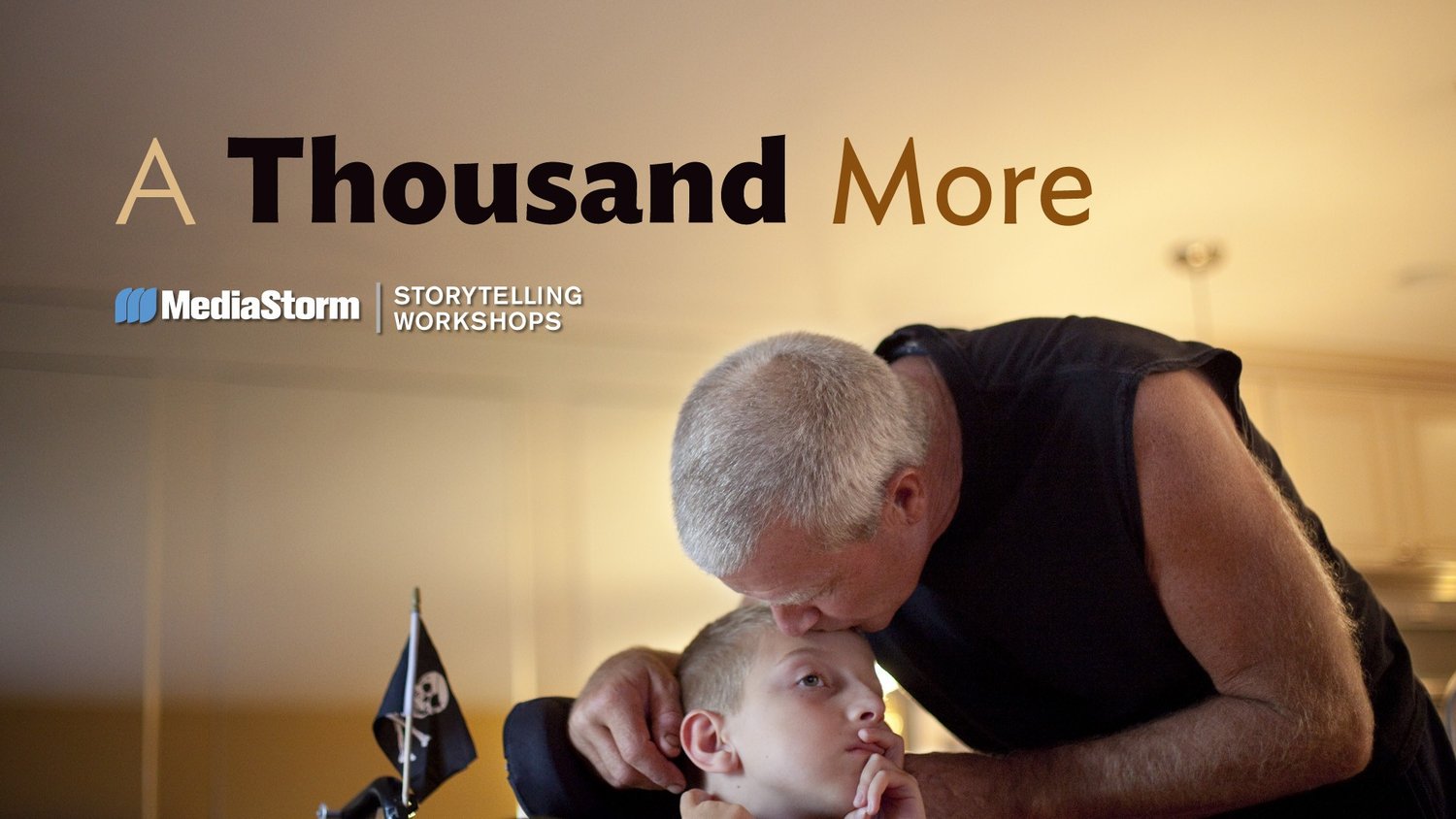
A family is determined to give their disabled son a whole and vital life. In the midst of a great burden, one small child – with a seemingly endless supply of love – is the blessing that holds a family together.

Inspired by the photographs of the Farm Security Administration growing up, Lynn Johnson has spent nearly 35 years as a photojournalist working for LIFE, National Geographic, Sports Illustrated and various foundations.

Resetting the Table takes a unique, personal look at the impact Starbucks’ Create Jobs for USA program has had on the American Mug & Stein pottery facility in East Liverpool, Ohio.

Hungry Horse captures the spirit of renewal, peace and serenity through stunning landscapes and intimate oral histories.
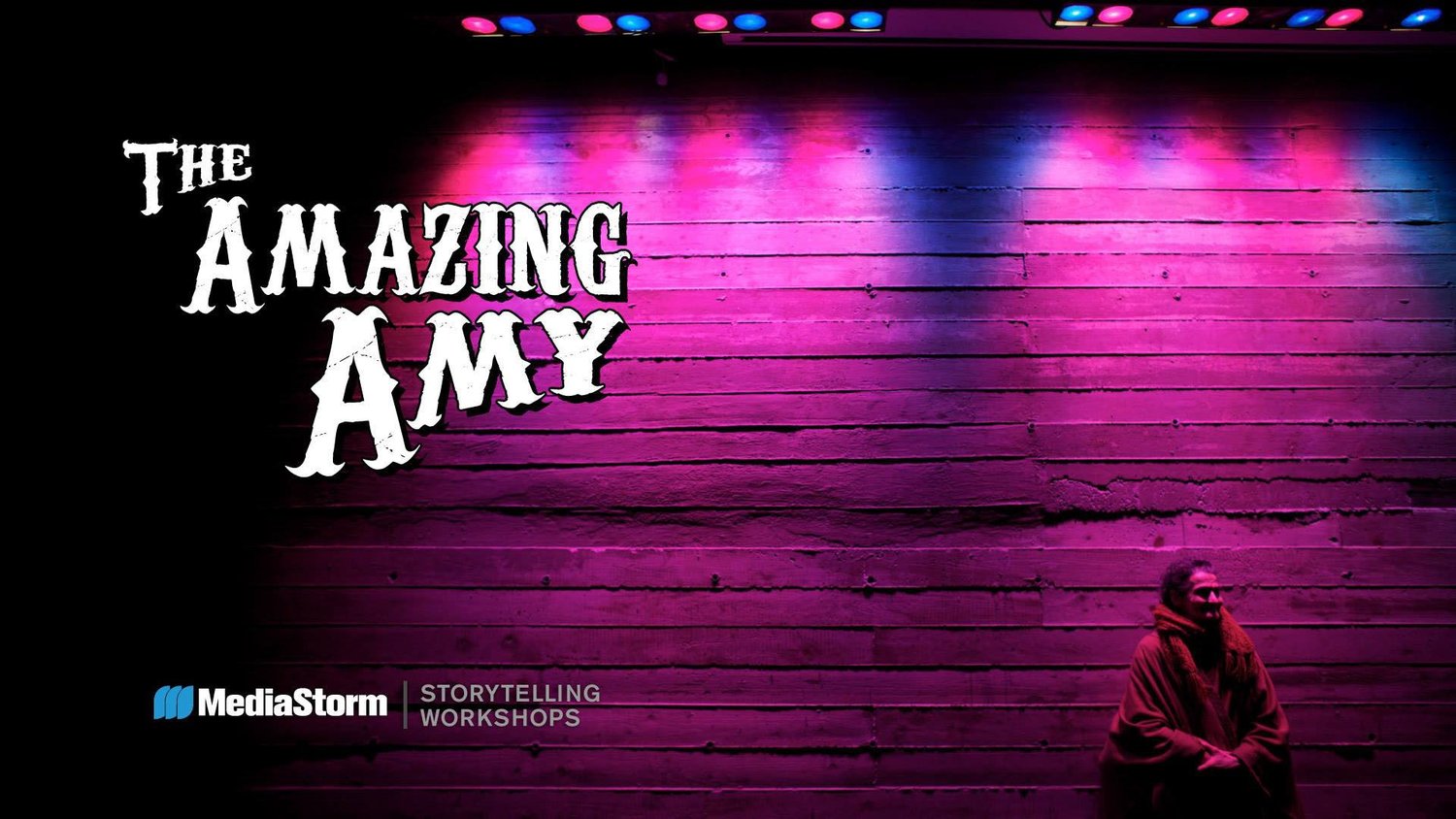
Using humor and a love of fantasy, "The Amazing Amy" Harlib connects with audiences through performing strenuous yoga-based contortion acts in New York City.

In many countries, girls as young as eight are forced into marriage by their families, culture and economic situation. This practice destroys their chance at education leading to tragic results.

Surreal and mysterious, North Korea was a black hole to outsiders wanting a glimpse of the country. That all changed in 2012, when AP photographer David Guttenfelder led the opening of the bureau's newest office inside the North Korea.
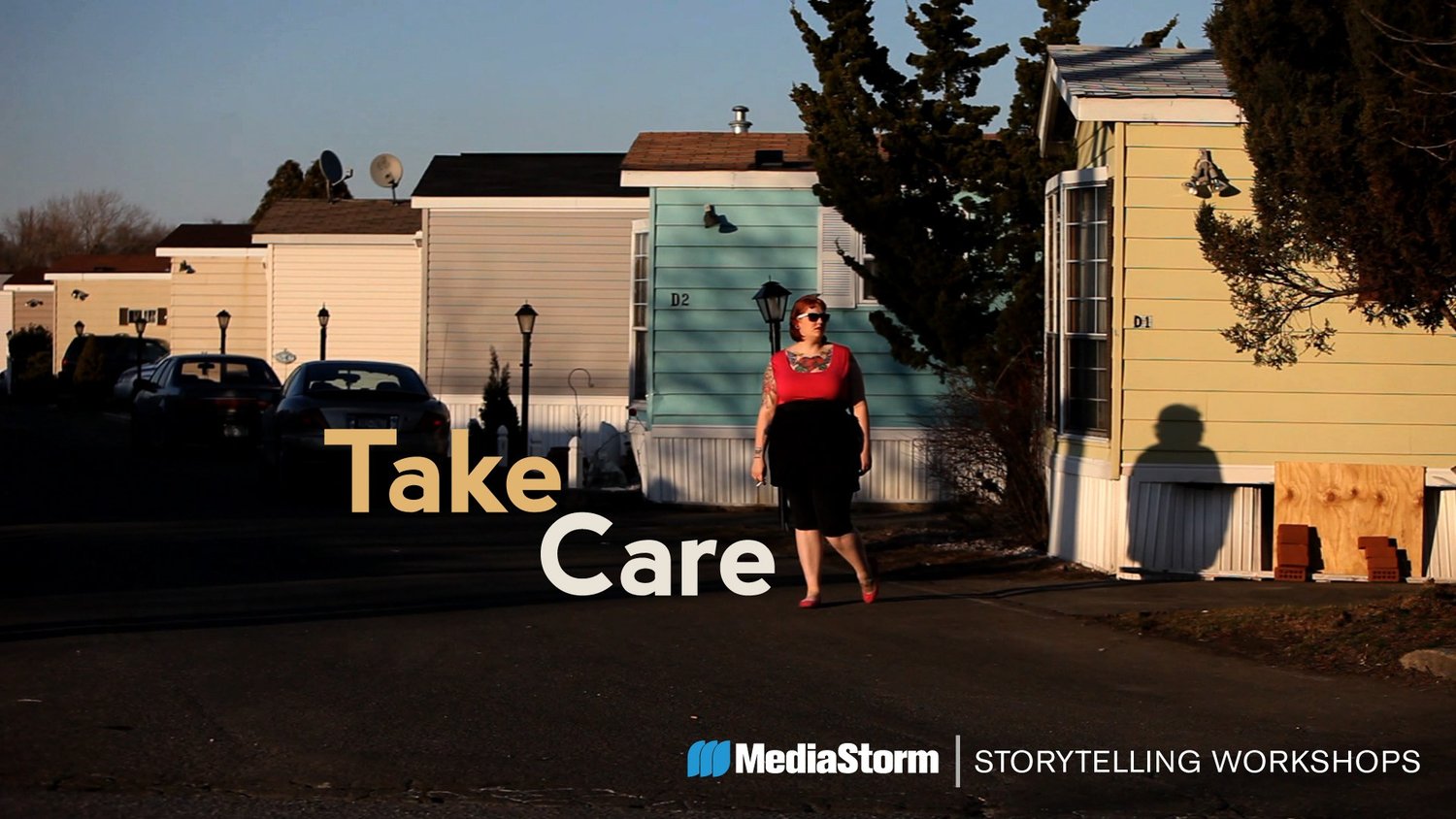
Virginia Gandee's brilliant red hair and dozen tattoos belie the reality of this 22-year-old's life. Inside her family's Staten Island trailer her caregiving goes far beyond the love she has for her daughter.

Based on 14 trips to Afghanistan between 1994 and 2010, A Darkness Visible: Afghanistan is the work of photojournalist Seamus Murphy. His work chronicles a people caught time and again in political turmoil, struggling to find their way.

In Rwanda, in 1994, Hutu militia committed a bloody genocide, murdering one million Tutsis. Many of the Tutsi women were spared, only to be held captive and repeatedly raped. Many became pregnant. Intended Consequences tells their stories.

To those who serve in the armed forces, what is the aftereffect of war? The Marlboro Marine is photographer Luis Sinco's portrait of Marine Corporal James Blake Miller, whom he met in Iraq. For Miller, coming home has been its own battle.

Zakouma National Park is one of the last places on earth where elephants still roam by the thousands. In a land where poachers will slaughter the huge animals for their tusks alone, it takes armed guards to keep them safe.

Kingsley's Crossing is the story of one man's dream to leave the poverty of life in Africa for the promised land of Europe. We walk in his shoes, as photojournalist Olivier Jobard accompanies Kingsley on his uncertain and perilous journey.
Collaborate With Us
The MediaStorm Platform is an advanced video platform that extends the user experience beyond linear video to include the interactive capabilities of the Internet.
The MediaStorm Platform is an advanced video platform that extends the user experience beyond linear video to include the interactive capabilities of the Internet.
Follow MediaStorm
Copyright 2025 MediaStorm, LLC | Terms & Conditions | Privacy | Contact
